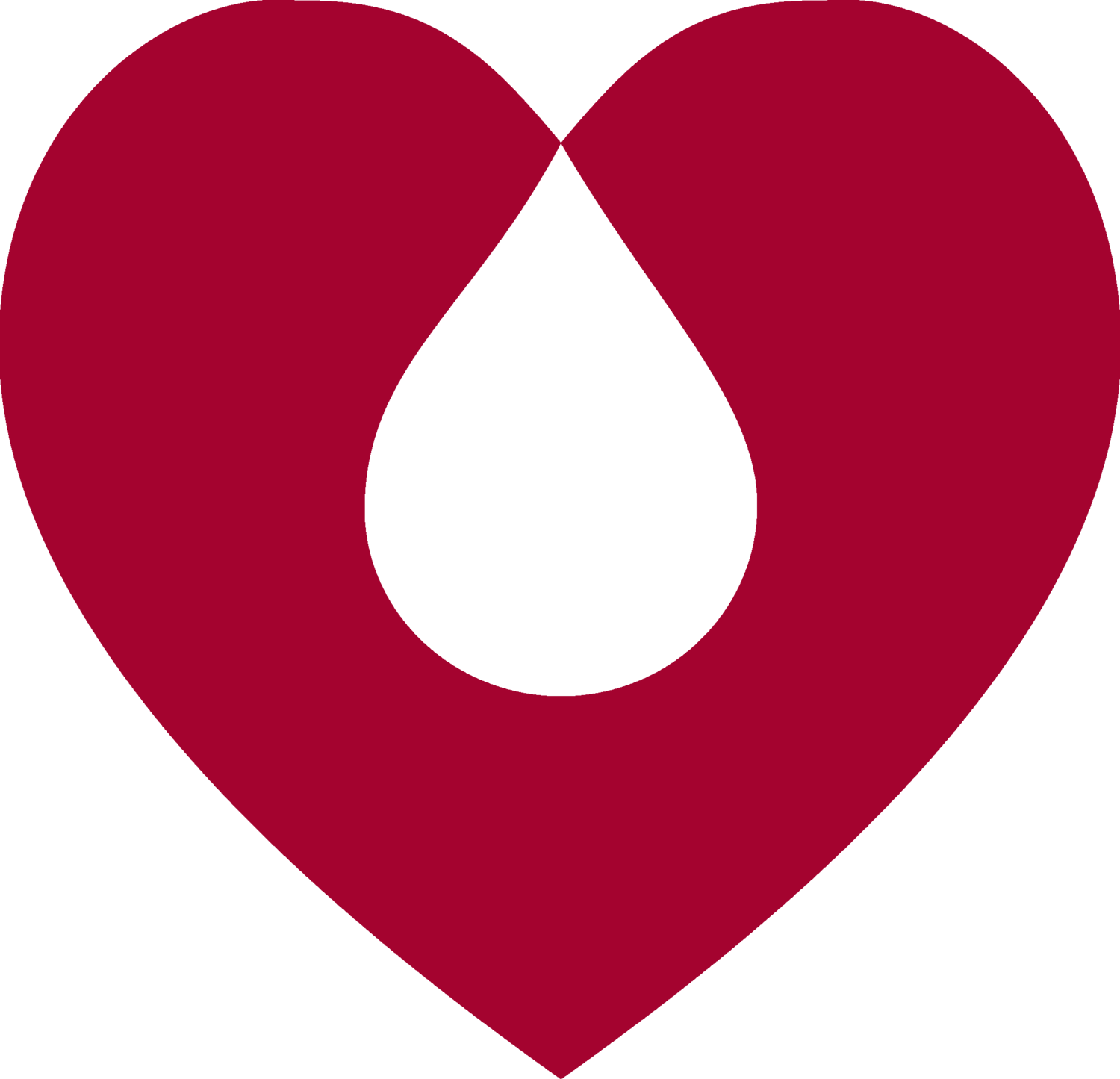
CHILD SEXUAL ABUSE IN THE ORTHODOX JEWISH COMMUNITY
While child sexual abuse is an issue afflicting every community, there are a number of factors that make it particularly difficult to address in the Orthodox Jewish community. Before we address those factors it should be noted that according to a study published in 2018, the incidence rate of child sexual abuse within the Orthodox Jewish community seems to be commensurate with the incidence rate in the general population.
Survivors of child sexual abuse will recognize the universal pressures that exist in every community to silence them from speaking out against their abusers. These include:
Feelings of shame and guilt for having been abused
Threats made either explicitly or implicitly by the abuser against the victim or their family
Feelings of confusion about the abuse
A desire to just move past it and hope that ignoring it and moving on will make it go away
Inability to articulate, both internally and externally, what exactly happened (which can be corrected with abuse prevention education curricula)
A general feeling that you’re alone in your experiences, and that no one will understand you or what happened to you
A general worry, often based on seeing other survivors’ experiences, that you won’t be believed or supported if you come forward, and might even be blamed for your own abuse
While all of those exist in the general population, there are other factors which exacerbate and complicate the issue in the Orthodox Jewish community. One of those factors is the prevalent idea within the Orthodox Jewish community that it is forbidden to report a fellow Orthodox Jew to the authorities. This is referred to as Mesirah, and is often used to silence survivors who otherwise might come forward.
In 2011, Agudath Israel of America, one of the largest umbrella organizations of the Orthodox Jewish community, released a statement from their rabbinical board (comprised of 14 noteworthy and well-respected scholars of Jewish law) that one must consult with a rabbi before reporting child sexual abuse to the authorities. That remains their stated policy, and is the written or unwritten policy of many Orthodox Jewish communities across the world. While there are many rabbis who disagree with that position, within the communities where this opinion is held people who report child sexual abuse to the authorities face serious threats of backlash.
Survivors who have reported abuse to the authorities in these communities have been evicted from their homes, have lost their jobs, their children have been expelled from their schools, and they have been completely ostracized from their communities and synagogues. Reporting sexual abuse in the Orthodox Jewish community can mean losing everything in the process.
Community leaders have taken advantage of the low levels of reporting in the community to claim that child sexual abuse is therefore less prevalent. While we have cited a study above that indicates similar incidence rates of child sexual abuse in the Orthodox Jewish community, it is in fact very difficult to study the community. The community actively resists study.
Aside from the consequences listed above for reporting abuse, there are also other consequences for stepping out of line in the community. Within much of the Orthodox Jewish community, marriages are facilitated only through matchmakers who evaluate potential matches based on their and their families’ social and economic standing within the community, and suggest matches accordingly. Families are therefore often very worried about potentially damaging information being revealed about them for fear that they will be considered undesirable as marriage candidates by the matchmakers.
This contributes to a heavy stigma around developmental and physical disabilities, mental health, and history of child sexual abuse, including other related stigmas. Families are often scared to discuss any related information with researchers for fear that it might leak and render them undesirable within the marriage market. Thus, social currency is everything in much of the Orthodox Jewish community, and this contributes further to the insularity of the community and its fear of reporting abuse or speaking with researchers.
Practically speaking this means that many abusers are aware of their ability to abuse with near-certain impunity within the community. They are aware that in the event of a disclosure by one of their victims, the community is more likely to disbelieve the victim and support the abuser than they are to expel the abuser and support the victim. This was illustrated very clearly during the 2012 trial of Nechemya Weberman, an unlicensed therapist who sexually abused a 12 year old girl sent to him by her school.
Prior to the trial, the Satmar community in Williamsburg Brooklyn held a fundraiser for Weberman during which $500,000 was raised for his defense. In stark contrast, the survivor’s fiance was offered a similar amount of money if he would take his fiance out of the country and convince her to drop the case. No support was given to the survivor through the process. Her fiance was no longer welcome in the community or any of its synagogues. The community even banded together to create a competitor to her father’s business in an attempt to punish her family for the fact that she came forward.
While the Weberman case was extreme even by community standards, it highlights and illustrates the attitude taken by much of the Orthodox Jewish community toward child sexual abuse. The initial response is often to blame the survivor or impugn their credibility, and support the abuser against the survivor.
These factors make it more difficult to properly address the issue of child sexual abuse in the Orthodox Jewish community.
